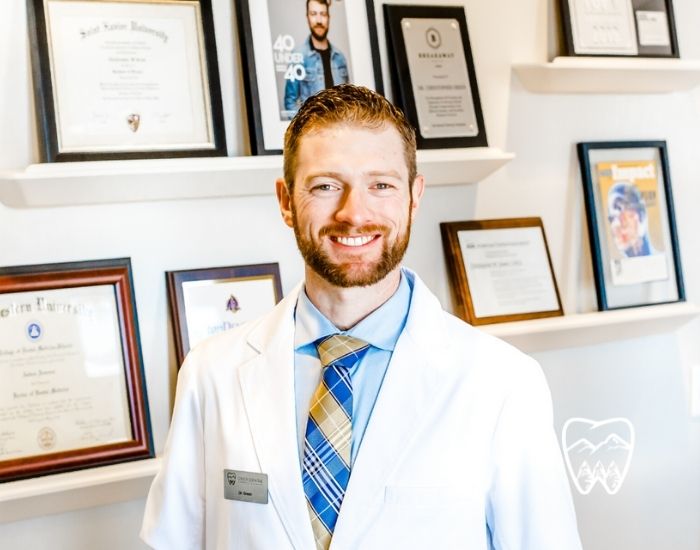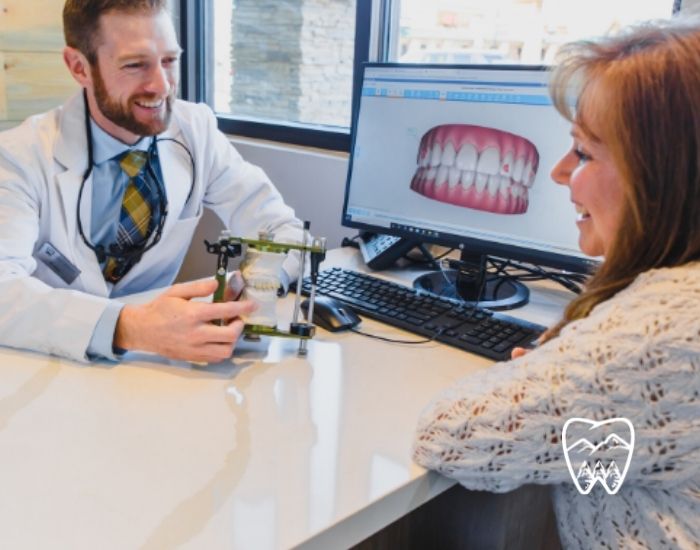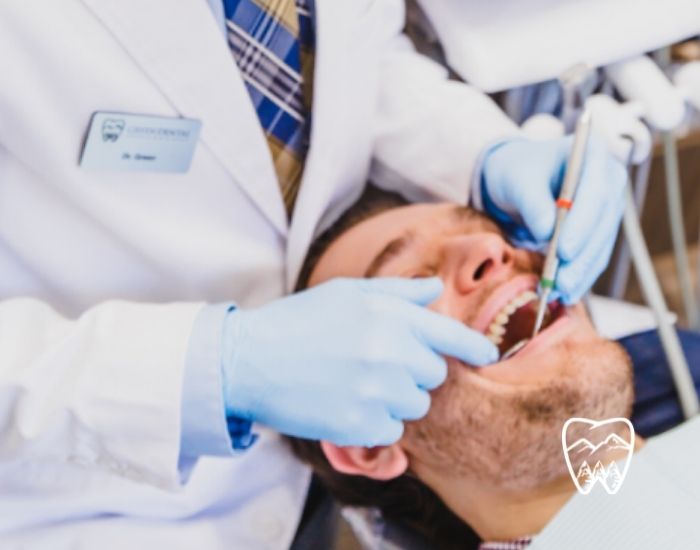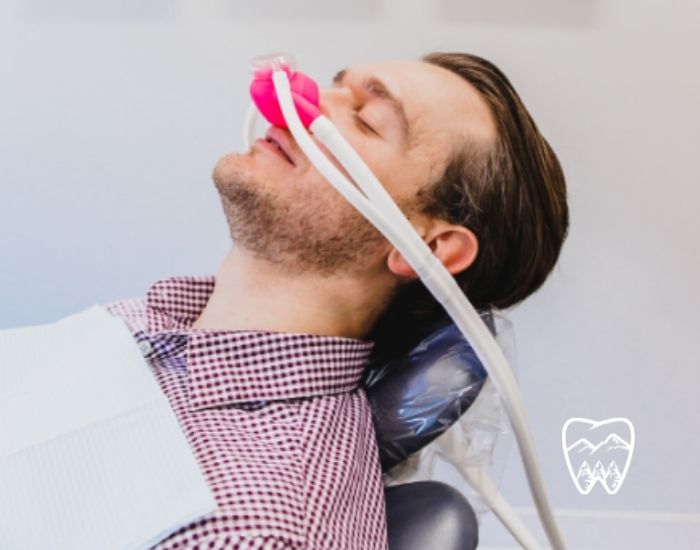5 Things to Consider Before Choosing a New Dentist

5 Things to Consider When Choosing a New Dentist
Regular examinations and cleanings with your Parker Co dentist are part of successful oral health practices. Dentists are so important to the health of your smile, and overall health. We know you are taking the time and effort to select the Dentist you can trust and feel comfortable with. Take a look at some basic pointers to keep in mind while looking for a dentist in Parker CO.
Dentist That Accepts My Dental Insurance
Depending on your dental insurance plan, you will be covered by a specific dental network. Some dentists will join the network, while others will not. Choose an in-network dentist in Parker CO to save the most money. This provider has agreed to establish costs for certain services, and your benefits will cover most of the cost of in-network treatment.
Location of The Office
Choose a dentist near your home or job, whatever is most convenient for you, so traveling to and from appointments is a snap. This is particularly useful for those who suffer from dental anxiety since it may make the travel to the appointment quicker. In addition, your dental coverage provider may feature an online tool to search for in-network dentists within a specified radius of your home or business for added convenience.
Operating Hours
Before making an appointment, ask the receptionist or look it up online to determine what hours the clinic is open. Look for hours that are convenient for your job or family schedule. It’s also good to choose a dentist who has an after-hours phone number if you have a dental emergency in Parker CO beyond regular office hours.
Confidence and Comfort
The dentist you choose should make you feel at ease before, during, and after your visit. To determine your degree of comfort, ask yourself the following questions:
- Is the workplace neat, clean, and well-organized?
- Do you get along well with your dentist?
- Do you believe your dentist listens to you and reacts properly to your concerns?
- Do you trust him or her to provide dental recommendations that are in your best interests?
Furthermore, some dentists may go out of their way to make you feel more at ease during sessions. This might involve playing soothing music or having televisions in the exam room. Some dental offices even offer sleep dentistry. Don’t be afraid to ask the receptionist or dentist what concessions they can provide to help you relax.
Specialists
You don’t necessarily need a reference from your regular dentist if you’re searching for a specialist as talked about by our friends over at High Desert Dental, a dentist in Grand Junction CO. Check your policy or call to check whether seeing a specialist requires a referral. When looking for an expert, look for information from reputable sources. Inquire with your friends, neighbors, and family members about their experiences with experts. Do an internet search or contact your local dental society for further information.
If you don’t already have a dentist, try these methods to locate one and make an appointment. To discover an in-network dentist near you, contact your provider.
Contact Green Dental Care Today
Our team is here to make sure that you are having the best experience that we can provide. Contact our team today to learn more about how we can better assist you and if we are the right fit for you.




